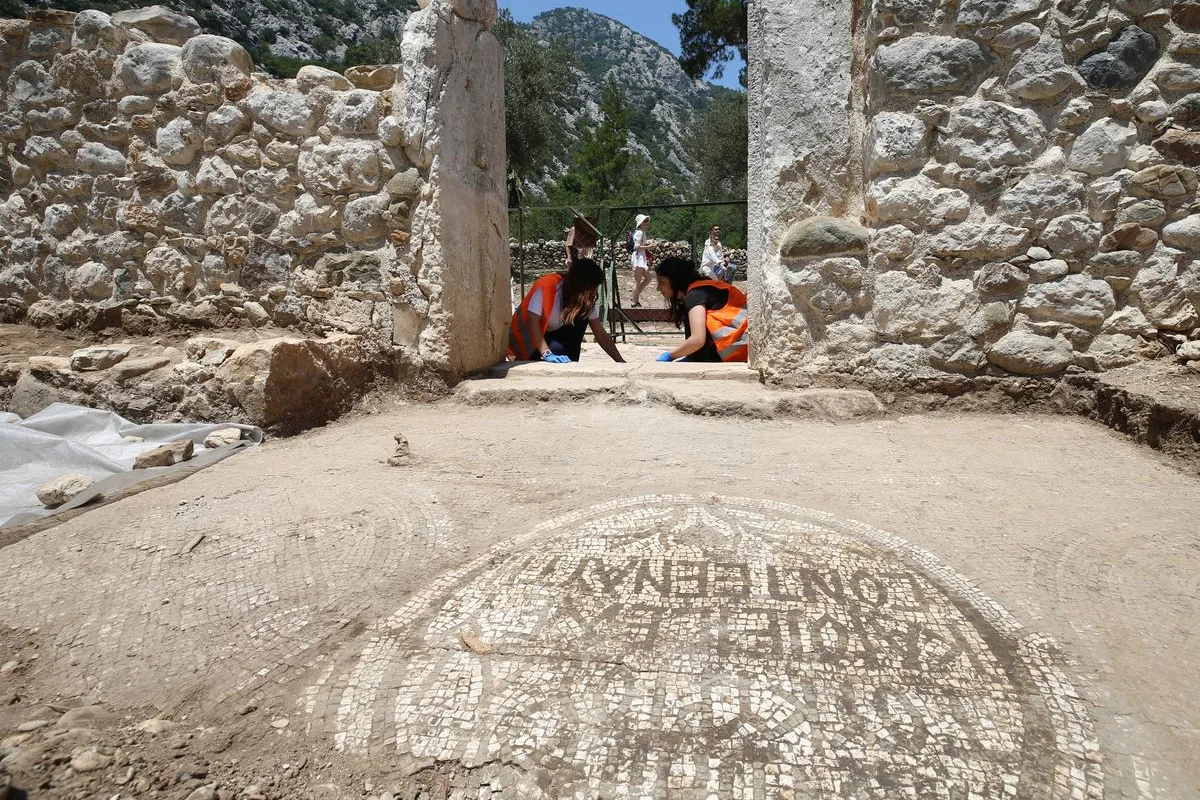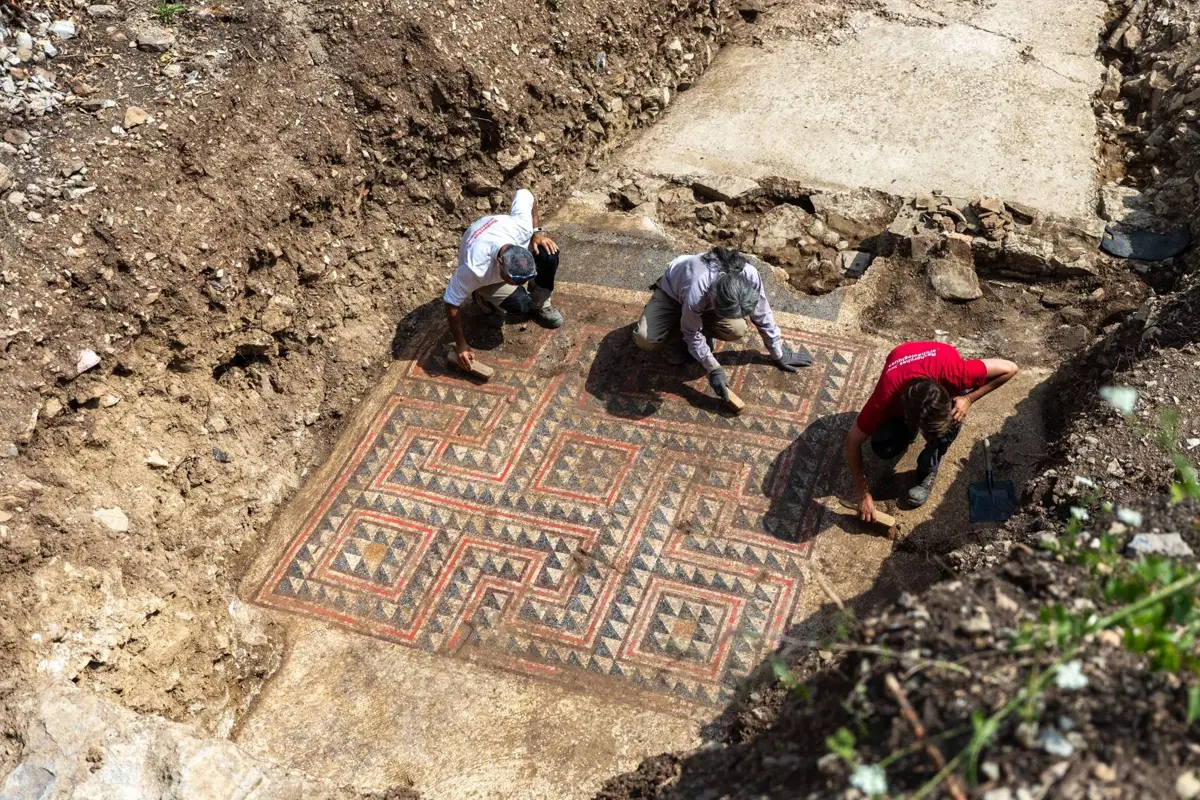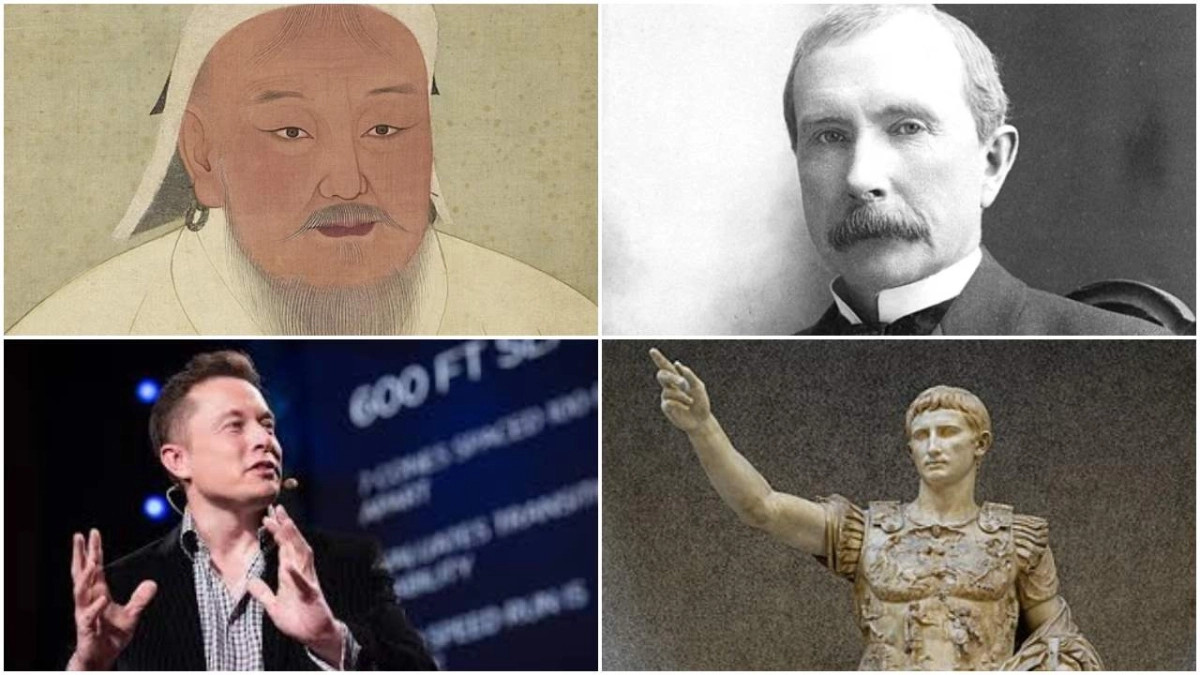The Library of Alexandria remains one of the most legendary institutions of the ancient world. Situated in the Egyptian city of Alexandria, this grand repository of knowledge symbolized the intellectual and cultural aspirations of its time. Despite its tragic destruction, the Library's legacy endures as a beacon of human curiosity and scholarship. This article explores its founding, collection, and eventual downfall.
The Founding of the Library
The Library of Alexandria was established in the 3rd century BCE under the reign of Ptolemy I Soter, a general of Alexander the Great who became the ruler of Egypt. His son, Ptolemy II Philadelphus, significantly expanded the institution. The library was part of a larger complex known as the Mouseion, a center dedicated to the Muses—the Greek goddesses of art and science. Scholars from all over the Hellenistic world were invited to study, research, and contribute to the advancement of knowledge.
The Collection of Knowledge
The Library of Alexandria aimed to compile all human knowledge, collecting texts from Egypt, Greece, India, Persia, and other regions. It is estimated that the library housed hundreds of thousands of scrolls, covering subjects such as philosophy, astronomy, medicine, mathematics, and literature. The Ptolemies employed aggressive acquisition tactics, including copying works from visiting scholars and seizing books from ships arriving at Alexandria’s port.
Among the many great minds associated with the library were Archimedes, Euclid, Eratosthenes, and Hipparchus. These scholars contributed significantly to fields like geometry, geography, and astronomy, fostering an unprecedented era of intellectual exchange.
The Destruction of the Library
The exact circumstances surrounding the destruction of the Library of Alexandria remain a subject of historical debate. Multiple events may have contributed to its decline. Some historians believe that Julius Caesar’s siege of Alexandria in 48 BCE led to a fire that consumed parts of the library. Others point to later incidents, such as the attack by Emperor Aurelian in the 3rd century CE and the destruction during the Christian and Muslim conquests. Regardless of the exact timeline, by the late antiquity period, the Library had ceased to exist as the world's premier center of learning.
The Legacy of the Library
Despite its tragic end, the Library of Alexandria left an indelible mark on human history. It served as a model for later institutions of learning, such as the House of Wisdom in Baghdad and modern research libraries. The ideals of preserving and sharing knowledge continue to inspire scholars and educators today.
The loss of the Library of Alexandria represents one of history’s greatest intellectual tragedies. Yet, its spirit lives on in the pursuit of knowledge and the enduring quest for understanding the universe.







